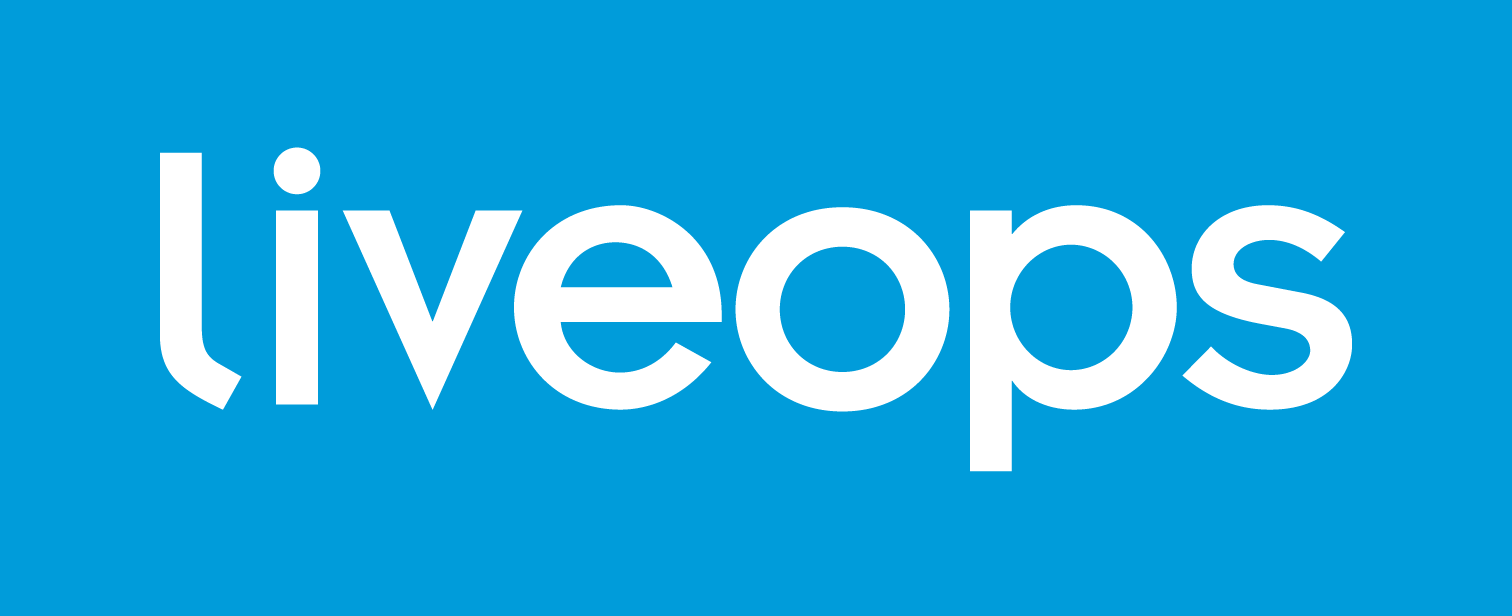The Biggest Mistakes People Make When Interviewing for Remote Positions
As more companies embrace remote work, the competition for these positions has grown fierce. To stand out from the crowd and increase your chances of landing your dream remote job, it’s crucial to avoid common mistakes that many candidates make during the interview process.
By understanding these pitfalls and taking steps to avoid them, you can demonstrate your professionalism, preparedness, and suitability for the role.
Mistake #1: Not preparing for technical difficulties
One of the biggest mistakes people make when interviewing for remote positions is not adequately preparing for potential technical difficulties. In a remote interview setting, technology plays a crucial role in facilitating communication between the candidate and the interviewer. Failing to test your equipment and ensure a stable internet connection can lead to a frustrating and unprofessional interview experience.
 To avoid this mistake, take the time to test your technology before the interview. Ensure that your computer, camera, and microphone are working properly and that you have a reliable internet connection. If possible, conduct a test call with a friend or family member to identify any potential issues and make necessary adjustments.
To avoid this mistake, take the time to test your technology before the interview. Ensure that your computer, camera, and microphone are working properly and that you have a reliable internet connection. If possible, conduct a test call with a friend or family member to identify any potential issues and make necessary adjustments.
In addition to testing your technology, it’s important to set up a professional interview environment. Choose a quiet, well-lit space with a neutral background that won’t distract the interviewer. Make sure to minimize any potential interruptions, such as noise from family members or pets.
If you encounter issues during the interview, you may appear unprofessional or unprepared, which can hinder your chances of moving forward in the hiring process. By taking the time to test your technology and set up a professional environment, you’ll demonstrate your commitment to the interview and increase your chances of making a positive impression.
Read: 5 Things to Know Before Applying for a Remote Job
Mistake #2: Failing to research the company and position
Another common mistake people make when interviewing for remote positions is not conducting thorough research on the company and the specific role they’re applying for. In a competitive job market, employers are looking for candidates who demonstrate a genuine interest in their organization and a clear understanding of how they can contribute to its success.
Before your interview, take the time to research the company’s mission, values, and remote work policies. Visit their website, read through their blog posts and press releases, and explore their social media presence. Look for information about their products, services, target audience, and key competitors. By understanding the company comprehensively, you’ll be better prepared to discuss how your skills and experiences align with their goals.
In addition to researching the company, make sure to thoroughly review the job description and requirements for the specific role you’re applying for. Identify the key skills and qualifications the employer is looking for, and think about how your experiences and achievements demonstrate your suitability for the position.
During the interview, be prepared to discuss your research and demonstrate your alignment with the company’s goals. For example, if the company emphasizes innovation and creativity, highlight any relevant projects or experiences that showcase your ability to think outside the box and develop unique solutions.
If you fail to demonstrate a clear understanding of the company and the role, the interviewer may perceive you as unprepared or uninterested. By taking the time to research the company and position thoroughly, you’ll be better equipped to articulate your fit for the role and stand out as a top candidate.
Mistake #3: Not effectively communicating remote work experience and skills
Many candidates make the mistake of not effectively communicating their relevant remote work experience and skills when interviewing for remote positions. Certain skills and traits are essential for success in a remote work setting, such as strong communication abilities, excellent time management, and self-motivation. Failing to highlight these qualities can make it difficult for the interviewer to gauge your suitability for the role.
To avoid this mistake, take the time to identify and emphasize your relevant remote work experience during the interview. If you have previously worked remotely, discuss the specific projects or responsibilities you handled and how you successfully navigated the challenges of working independently. If you don’t have direct remote work experience, highlight any relevant skills or experiences that demonstrate your ability to thrive in a remote environment, such as collaborating with geographically dispersed teams or managing projects with minimal supervision.
When discussing your skills and experiences, use specific examples to illustrate your qualifications. For instance, if you’re highlighting your communication skills, share a story about how you effectively communicated with team members across different time zones or how you resolved a communication breakdown with a client. By providing concrete examples, you’ll make a stronger impression on the interviewer and demonstrate your ability to apply your skills in real-world situations.
If the interviewer doesn’t have a clear understanding of your skills and experiences, they may hesitate to move forward with your application. By taking the time to highlight your relevant qualifications and provide specific examples, you’ll increase your chances of convincing the interviewer that you’re the right fit for the role.
Read: 10 Remote Job Opportunities for Immigrants in Canada
Mistake #4: Being too casual or unprofessional
Another common mistake people make when interviewing for remote positions is being too casual or unprofessional. While remote work often offers a more relaxed environment than a traditional office setting, it’s crucial to maintain a professional demeanor during the interview process. Failing to do so can make a poor impression on the interviewer and hinder your chances of landing the job.
To avoid this mistake, pay attention to your appearance and surroundings during the interview. Dress professionally, just as you would for an in-person interview. Choose a clean, neutral background that won’t distract the interviewer, and make sure your lighting is adequate. Avoid any inappropriate or overly casual attire, such as pajamas or workout clothes.
In addition to your appearance, be mindful of your body language and communication style during the interview. Sit up straight, make eye contact with the camera, and speak clearly and confidently. Avoid any distracting habits, such as fidgeting or looking away from the screen. Show enthusiasm for the position and the company, and express your gratitude for the opportunity to interview.
If the interviewer perceives you as unprofessional or uninterested, they may hesitate to move forward with your application. By maintaining a professional demeanor and demonstrating your enthusiasm for the role, you’ll make a stronger impression and increase your chances of success.
Mistake #5: Not asking relevant questions
Many candidates do not ask relevant questions during their remote job interviews. Asking thoughtful questions demonstrates your interest in the position and the company and helps you gain a better understanding of the role and the organization’s culture. Failing to ask questions can make you appear unprepared or uninterested.
 To avoid this mistake, prepare a list of relevant questions before the interview. Research the company and the specific role, and identify areas where you want more information. Ask about the company’s remote work policies, the team you’d be working with, and the expectations for the role. You can also inquire about the company’s growth plans, leadership style, or opportunities for professional development.
To avoid this mistake, prepare a list of relevant questions before the interview. Research the company and the specific role, and identify areas where you want more information. Ask about the company’s remote work policies, the team you’d be working with, and the expectations for the role. You can also inquire about the company’s growth plans, leadership style, or opportunities for professional development.
When asking questions, be sure to listen carefully to the interviewer’s responses and ask follow-up questions if appropriate. Avoid asking questions that could be easily answered through basic research, as this may make you appear unprepared. Instead, focus on questions that demonstrate your understanding of the company and your genuine interest in the role.
Read: The 4 Best and Worst Cities for Finding Jobs in the UK
Mistake #6: Failing to follow up after the interview
Finally, many candidates make the mistake of not following up after their remote job interviews. Following up with a thank-you note or email is a simple but effective way to demonstrate your continued interest in the position and reinforce the positive impression you made during the interview. Failing to follow up can make you appear uninterested or unprofessional.
To avoid this mistake, send a thank-you note or email within 24 hours of your interview. Express your gratitude for the opportunity to interview and reiterate your enthusiasm for the position and the company. Highlight any key points from the interview that demonstrate your suitability for the role and reaffirm your interest in moving forward in the hiring process.
If you fail to send a thank-you note, the interviewer may perceive you as uninterested or ungrateful. On the other hand, if you follow up too frequently or aggressively, you may come across as desperate or pushy. By finding the right balance and crafting effective follow-up messages, you’ll reinforce your interest in the position and increase your chances of success.



2 comments
very good
My full name is Mirhamzah, I am from Afghanistan, I am suffering from the Taliban in Afghanistan, I want to spend my real life in Canada, I hope you will save my life.